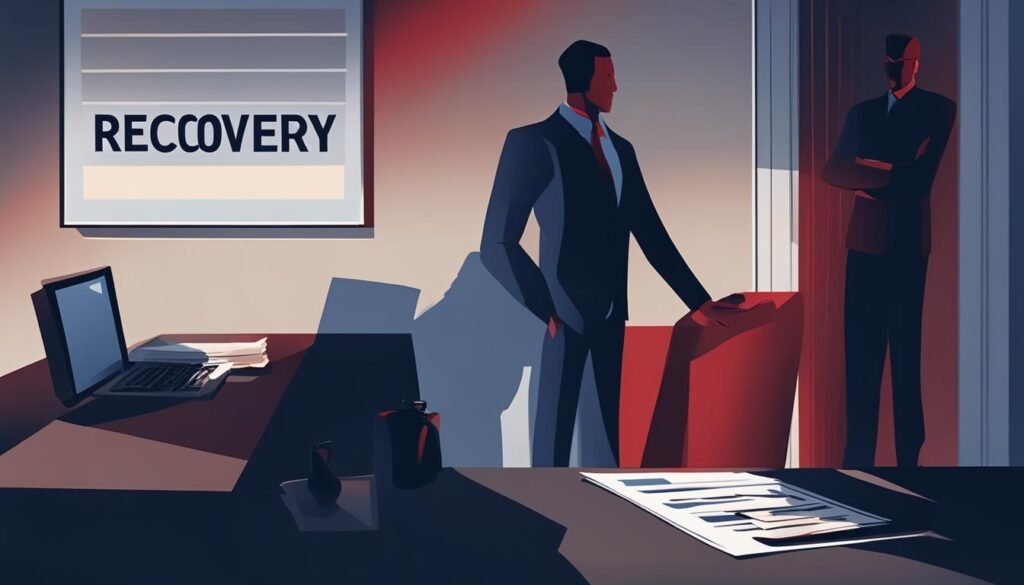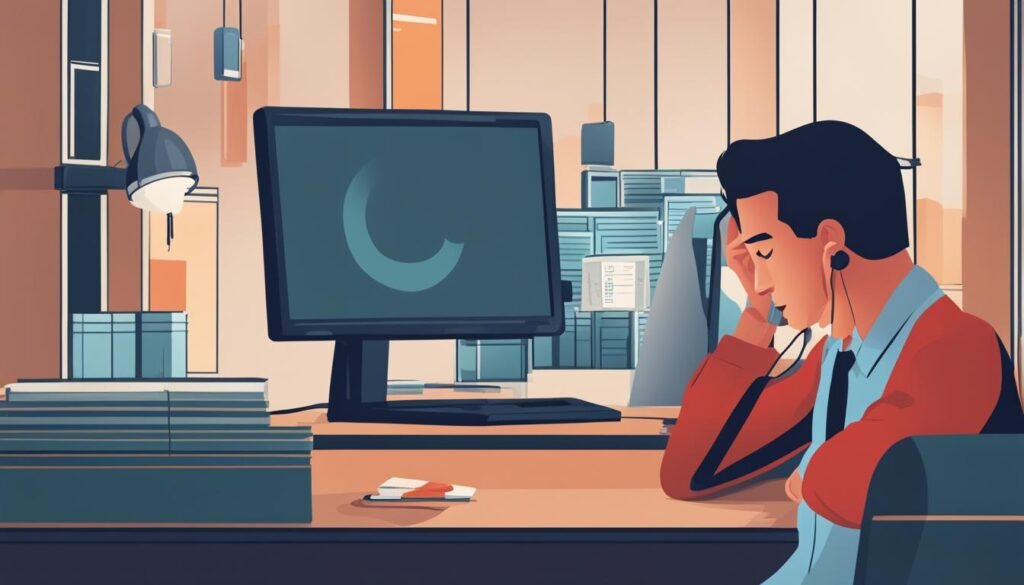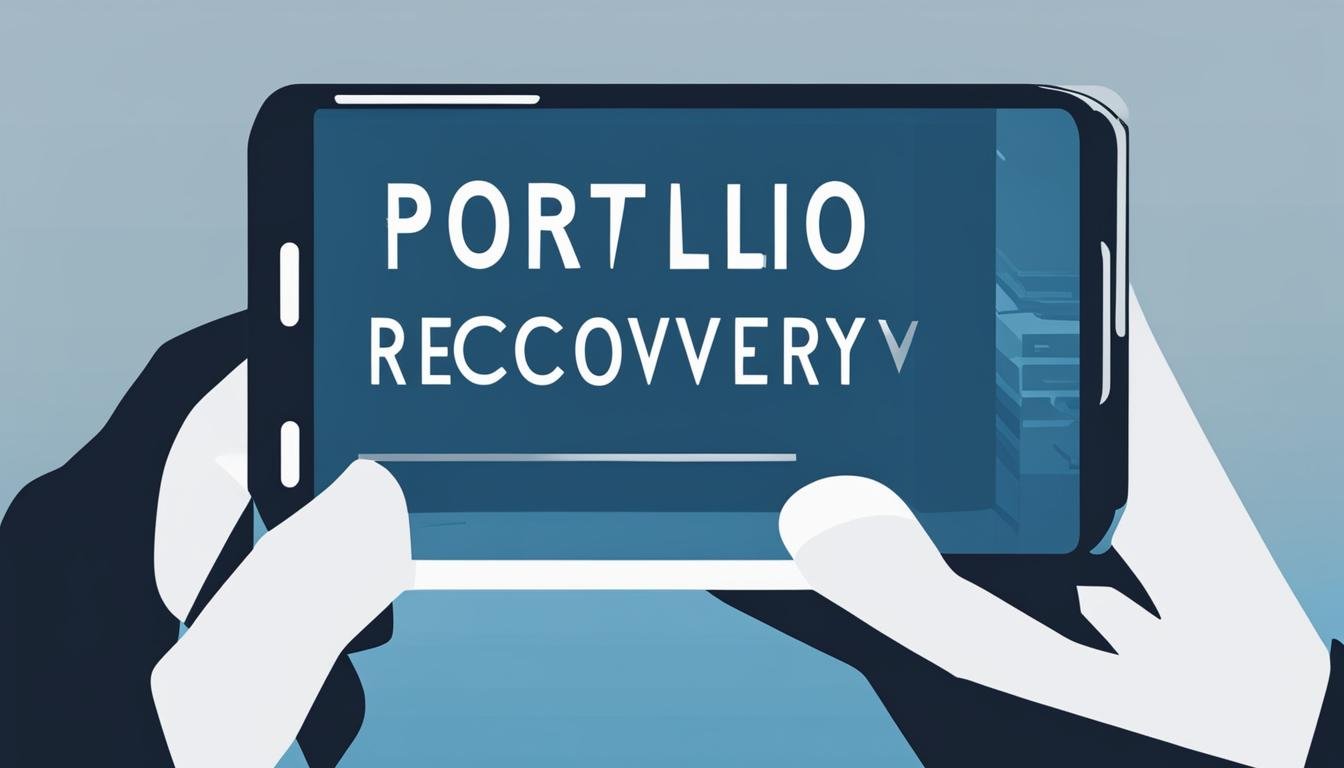When it comes to receiving calls from Portfolio Recovery Associates (PRA), you may have noticed that they often choose not to leave a message. But why is that? In this article, we will explore the reasons behind this communication strategy employed by debt collectors like PRA. From protecting privacy to avoiding potential violations of the law, there are several factors that contribute to their decision not to leave a voicemail.
One of the main reasons why Portfolio Recovery may opt not to leave a message is to safeguard your privacy. By not disclosing sensitive information through voicemails, they ensure that only the intended recipient gets access to the details of the call. Additionally, this approach creates a sense of urgency, encouraging individuals to return the missed call promptly and address any outstanding debts or issues related to their account.
It’s also worth noting that debt collectors like Portfolio Recovery may refrain from leaving messages if they are attempting to reach the wrong person. Leaving a message in such cases would only confuse the situation further. Furthermore, this communication strategy allows them to adhere to best practices and avoid potential violations of privacy laws.
Overall, understanding why Portfolio Recovery doesn’t leave a message can help individuals who receive these calls make informed decisions about how to handle their debts and communicate effectively with the debt collector.
Key Takeaways:
- Portfolio Recovery Associates (PRA) often chooses not to leave a message when contacting individuals.
- They do this to protect privacy and create a sense of urgency.
- Not leaving a message can also help avoid potential violations of the law.
- If you receive a call from PRA without a message, it is important to verify the accuracy of the debt and understand your rights.
- By being informed and proactive, you can effectively handle communications from debt collectors like Portfolio Recovery.
Understanding Portfolio Recovery’s Debt Collection Methods
Portfolio Recovery Associates (PRA) is a prominent debt collection agency known for buying and collecting unpaid debts, including credit card balances, medical bills, and personal loans. They employ various methods such as phone calls and letters to recover the debts they acquire. If you have received a call from PRA, it is essential to note that this does not automatically indicate that you legally owe the debt. It could be a case of mistaken identity, an expired statute of limitations, or a debt that has already been paid or discharged in bankruptcy.
Before taking any action, it is crucial to verify the accuracy of the debt. You can start by requesting information from PRA to confirm the details of the debt they claim you owe. Additionally, pulling your credit reports can help you compare the information provided by PRA with other records. This will enable you to determine if the debt is accurate and if PRA is complying with legal requirements in their collection efforts.
If you find any discrepancies or have concerns about the debt, it is advisable to take appropriate steps to protect yourself. You may need to dispute the debt with PRA, provide evidence of any payments made or bankruptcy filings, or consult with a legal professional who specializes in debt collection issues. By understanding your rights and taking necessary action, you can effectively handle communications from Portfolio Recovery and navigate the debt collection process.
- Portfolio Recovery Associates is a debt collection agency that collects unpaid debts through various methods.
- Receiving a call from PRA does not automatically mean you owe the debt, and it is important to verify the accuracy of the debt.
- Request information from PRA and compare it with your credit reports to ensure the legitimacy of the debt and their compliance with legal requirements.
- If you have concerns or find discrepancies, take appropriate steps to protect yourself, such as disputing the debt or seeking legal advice.
Reasons for Not Leaving a Message
When Portfolio Recovery Associates (PRA) contacts individuals, they may choose not to leave a message for several reasons. One of the main reasons is to protect privacy. By not leaving a message, PRA ensures that the information is only heard by the intended recipient and avoids potential privacy breaches or disclosing sensitive information to unintended parties.
Another reason for not leaving a message is to create a sense of curiosity or urgency. By withholding information, PRA aims to increase the likelihood of a callback from the individual. This strategy is often used to prompt individuals to address their outstanding debts or resolve any issues related to their account.
“Leaving a message would only confuse the situation further and potentially violate privacy laws.”
In some cases, PRA may choose not to leave a message if they are attempting to reach the wrong person. This prevents unnecessary confusion and avoids violating privacy laws by disclosing information to someone who is not the intended recipient.
Overall, the decision to not leave a message is a strategic communication approach employed by Portfolio Recovery Associates to protect privacy, create urgency, and ensure effective debt recovery practices while adhering to legal guidelines.
What to Do When Portfolio Recovery Calls Without Leaving a Message
If you receive a call from Portfolio Recovery without a message, it’s essential to take appropriate steps to address the situation. Here’s a guide on what you can do:
- Contact Portfolio Recovery: Start by reaching out to Portfolio Recovery directly using their official contact information. It’s best to confirm if they tried to reach you and gather more details about the call.
- Verify the debt: Pull your credit reports to see what Portfolio Recovery is reporting about the debt. This will help you compare the information they provide with their collection letters or calls and ensure its accuracy.
- Save collection letters: Preserve any collection letters and envelopes from Portfolio Recovery. These documents can be helpful in comparing the information they provide and identifying any potential violations of laws or deceptive practices.
- Address mistaken calls: If you believe that the call was a mistake or meant for someone else, contact Portfolio Recovery and provide relevant information to clarify the situation.
Example:
“I received a call from Portfolio Recovery without a message, so I decided to contact them directly to understand the reason behind the call. After confirming my identity and discussing the matter, I realized it was a case of mistaken identity. By addressing the situation promptly, I was able to resolve the issue and prevent any further calls from Portfolio Recovery.”
Remember, it’s crucial to remain cautious and protect your personal information when dealing with debt collectors. If you have any concerns or doubts about the legitimacy of the call, don’t hesitate to seek legal advice or consult with a financial professional.
Rights When Dealing with Portfolio Recovery
When it comes to dealing with debt collectors like Portfolio Recovery, it’s crucial to be aware of your rights and protections under the Fair Debt Collection Practices Act (FDCPA). Understanding these rights can help you navigate the debt collection process and ensure that you are treated fairly. Here are some important rights to keep in mind:
- You have the right to be treated with respect and fairness. Debt collectors must refrain from using abusive or harassing language, making threats, or engaging in any deceptive practices.
- You have the right to request validation of the debt. If you believe there is an error or you do not recognize the debt, you can ask Portfolio Recovery to provide evidence of the debt’s validity. They are required to provide this information to you.
- You have the right to dispute the debt. If you believe that the debt is not yours or there are inaccuracies, you can formally dispute it in writing. Portfolio Recovery must cease collection activities until they provide adequate verification of the debt.
- You have the right to request that Portfolio Recovery stop contacting you. You can send a written request asking them to cease communication, and they must comply, except to inform you of specific actions they plan to take or if they need to confirm your request.

It’s important to note that while debt collectors have the right to pursue legitimate debts, they must do so within the boundaries set by the FDCPA. If you believe that Portfolio Recovery has violated your rights under the FDCPA, you may have legal options for seeking compensation or resolution. Consulting with a legal professional can help you understand the best course of action based on your specific circumstances.
Remember, knowledge is power when it comes to dealing with debt collectors. Being aware of your rights and taking appropriate actions can help you protect yourself and assert your rights throughout the debt collection process.
Taking Action: How to Stop Portfolio Recovery Calls
If you want to stop receiving calls from Portfolio Recovery, there are several actions you can take. First, you can send a written request to Portfolio Recovery asking them to stop contacting you. This can be done by sending a formal letter, also known as a “cease and desist” letter, requesting that they cease all communication. After receiving your request, they are legally obligated to stop calling you except to confirm receipt of your letter or to inform you of specific actions they intend to take.
If you believe that the debt is not yours or you wish to dispute it, you can send a dispute letter to Portfolio Recovery within 30 days of their first contact. This letter should outline the reasons why you believe the debt is incorrect or not owed by you. Upon receiving your dispute letter, Portfolio Recovery must cease all collection activities until they provide verification of the debt.
Additionally, if the debt is old and has exceeded the statute of limitations for collection, you can inform Portfolio Recovery that the debt is time-barred. This means that they are no longer legally allowed to collect the debt from you. If Portfolio Recovery continues to call you despite your efforts to stop them, you may consider hiring a lawyer who specializes in debt collection practices to assist you. They can guide you through the legal process and help protect your rights.
Summary:
- Send a written request to Portfolio Recovery asking them to stop contacting you.
- If you believe the debt is not yours, send a dispute letter to Portfolio Recovery within 30 days of their first contact.
- Inform Portfolio Recovery if the debt is time-barred due to the statute of limitations.
- Consider hiring a lawyer who specializes in debt collection practices if Portfolio Recovery continues to call you.
Legal Action and Reporting Options
If you believe that Portfolio Recovery has violated the law or engaged in fraudulent practices, you have options for taking legal action and reporting them. One course of action is to consult with a legal professional to determine if you have grounds for a lawsuit under the Fair Debt Collection Practices Act (FDCPA), the Fair Credit Reporting Act (FCRA), or the Telephone Consumer Protection Act (TCPA). Filing a lawsuit may allow you to seek money damages and potentially resolve the debt in question.
Another option is to report Portfolio Recovery to the Federal Trade Commission (FTC) and your state’s attorney general office if you suspect they are violating the FDCPA or engaging in fraudulent activities. Reporting them to these authorities helps ensure that appropriate action is taken and protects other individuals from potentially harmful practices. It is crucial to be cautious of potential scams and verify the identity of the caller before providing any personal information.
In summary, if you believe that Portfolio Recovery has acted unlawfully or engaged in fraudulent behavior, it is essential to explore your legal options and report them to the relevant authorities. By taking these steps, you can protect your rights, potentially seek compensation, and contribute to holding debt collectors accountable for their actions.

Key Points:
- If you believe Portfolio Recovery has violated the law, consult with a legal professional to determine if you have grounds for a lawsuit.
- Consider reporting Portfolio Recovery to the Federal Trade Commission (FTC) and your state’s attorney general office if you suspect fraudulent practices.
- Verify the caller’s identity before providing any personal information to avoid potential scams.
Conclusion
Dealing with debt collectors like Portfolio Recovery can be a challenging experience, but understanding your rights and taking appropriate actions can help you navigate the situation with confidence. Remember, you have the right to protect your privacy and verify the accuracy of the debt. If you receive calls without a message, take the time to contact Portfolio Recovery directly and gather information about the debt they claim you owe. It’s crucial to be proactive and assert your rights when dealing with debt collectors.
By sending a written request to stop communication, disputing the debt if necessary, or seeking legal assistance, you can take control of the situation and work towards a resolution. Don’t hesitate to consult with a legal professional who specializes in debt collection practices if you need guidance on how to proceed. Remember, you have options, and taking action can help protect your best interests.
Whether it’s understanding your rights, disputing a debt, or taking legal action, it’s important to be informed and proactive when dealing with debt collectors. By staying vigilant and asserting your rights, you can navigate the process more effectively and protect yourself from potential harassment or abusive practices. With the right knowledge and actions, you can handle communications from Portfolio Recovery and other debt collectors in a way that best suits your situation.
FAQ
Why doesn’t Portfolio Recovery leave a message?
There are several reasons for this behavior, including protecting privacy, creating a sense of urgency, and avoiding potential violations of the law.
What methods does Portfolio Recovery use to collect debts?
Portfolio Recovery uses various methods, including phone calls and letters, to collect unpaid debts that they acquire.
Why do debt collectors like Portfolio Recovery refrain from leaving messages?
Debt collectors may choose not to leave messages to ensure that the information is only heard by the intended recipient and to encourage individuals to call back regarding their debts.
What should I do if Portfolio Recovery calls without leaving a message?
You can contact Portfolio Recovery directly using their official contact information to confirm if they tried to reach you and verify the accuracy of the debt.
What are my rights when dealing with Portfolio Recovery?
The Fair Debt Collection Practices Act (FDCPA) provides consumers with protections against harassment or abusive practices by debt collectors.
How can I stop receiving calls from Portfolio Recovery?
You can send a formal letter to PRA requesting them to stop contacting you or dispute the debt if you believe it is not yours.
What legal actions can I take against Portfolio Recovery?
You can consult with a legal professional to determine if you have grounds for a lawsuit under the FDCPA, FCRA, or TCPA or report Portfolio Recovery to the FTC and your state’s attorney general office.

